The government has said it is monitoring alleged Iranian activity in the Western Sahara but has not seen evidence of direct Iranian support for the Polisario Front, following a debate in the House of Lords on 27 October.
Foreign Office Minister Baroness Chapman of Darlington told peers that “the UK has not seen evidence of Iranian support for the Polisario Front. However, we continue to monitor Iranian activity in the region.” She added that the government “has long condemned Iran’s destabilising provision of political, military and financial support to its proxies and partners,” and would continue to work with allies to counter such actions.
The discussion followed reports suggesting links between Iran’s Islamic Revolutionary Guard Corps (IRGC) and the Polisario, a movement seeking independence for Western Sahara from Morocco. Lord Godson, who tabled the question, said there was “open-source evidence of a mutual admiration society between the present Iranian regime, the IRGC and the Polisario,” and asked whether the government would reassess the available intelligence.
Baroness Chapman confirmed that Foreign Office Minister Stephen Falconer had met representatives of the Polisario on 5 August as part of efforts to support a new framework for dialogue, following the UK’s decision to recognise Morocco’s stated intentions in Western Sahara. “We feel that it was the right, pragmatic way forward, given the length of time that this conflict has gone on,” she said. “We remain incredibly close to our friends in Morocco and we hope that this can proceed in a way that brings peace and stability to the entire region.”
Lord Bruce of Bennachie said that while the UK’s engagement with Morocco was welcome, the priority should be to prevent the conflict from becoming “a proxy war if malign parties choose to intervene.”
Baroness Chapman agreed, stating that “the way that the UK is conducting itself as we move on is with pragmatism and in accordance with the commitments we have made, alongside Morocco.”
Other peers expressed concern that Iran could use the Polisario to destabilise the region. Lord Polak said it was “incumbent on the Government to support our allies against this destabilisation by the Iranians.” Baroness Chapman responded that “we abhor what [Iran] does, and the way that it seeks to use its influence to destabilise and upend such processes is something that we are very well aware of.”
Lord Ahmad of Wimbledon said the UN Security Council is expected to discuss a new resolution on Western Sahara in the coming days, describing the Moroccan autonomy plan as “a practical way forward.” He added that the UK’s role should be to “facilitate that dialogue and have a resolution which provides the pathway to peace.”
Concluding the debate, Baroness Chapman said the government was acting “with absolute pragmatism” to support progress at the UN and avoid further regional instability. “There is a window here to see some progress and get the stability that people living in that part of the world so desperately need,” she said.
Image Gregor Rom, CC BY-SA 4.0, via Wikimedia Commons.


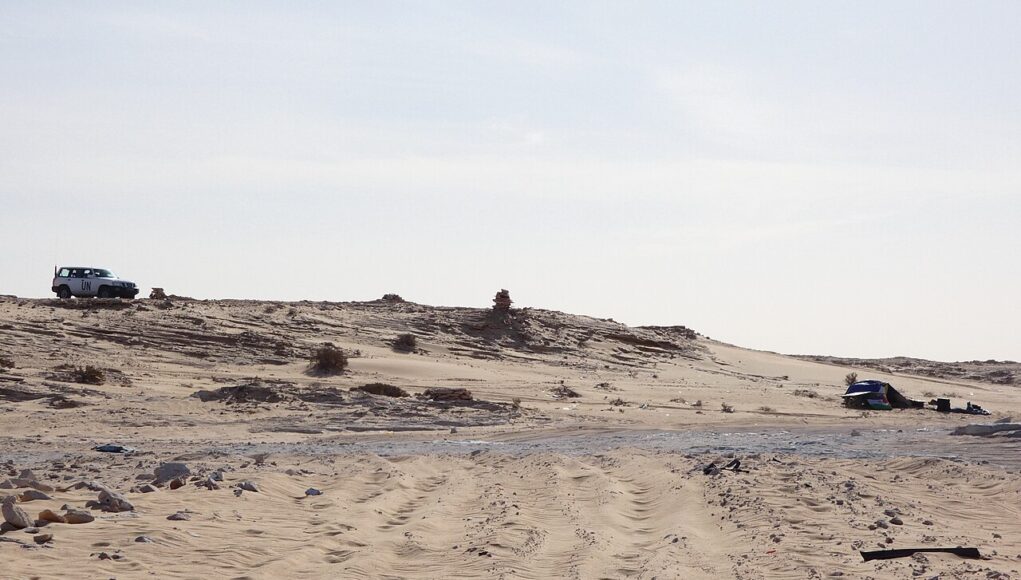
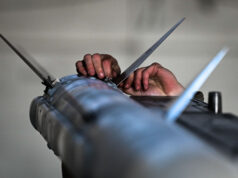
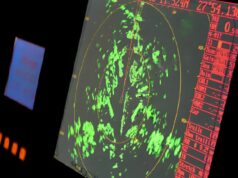
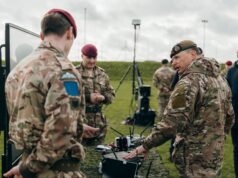

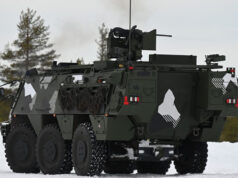






Yeah, let’s stay out of this one, all the Hotels are full.
Spains turn.
Just think, if we hadn’t got the dumb Yanks interested in overthrowing a democratically elected Iranian Prime Minister in 1953, made easier with Eisenhower getting elected, then this fundamental bunch of loonies regime may never have happened.
Ha ha ha nah pal, the Shah went in 79, and regardless who was in charge in 53 or 79, these pretend Islamic nutters would be in charge by now anyway.
We will never know. What we do know is that USA interference was a disaster in the long term. Mind you the 1953 calamity was their first and sadly not their only shambolic attempt at altering the course of history.
Interesting that we should get involved in Morocco. Fifth largest African economy, largest port in Africa and a constitution that is an Islamic mirror of our own; the head of state is both a secular leader and ‘head of the faithful’. Ethnically diverse cultural history- now 99% Muslim and proselytising Christianity is illegal. Maybe labour see it as a model. The women Sahrawis look like they wear the trousers in Western Sahara. Casablanca was a great film though.
Got it! The reason for our interest is Morocco’s renewable hydrogen potential.
You can always follow the money or raw materials.. it’s alway the same.. either securing a market or securing raw materials..they game never changes only those who are playing the game and those who are played.